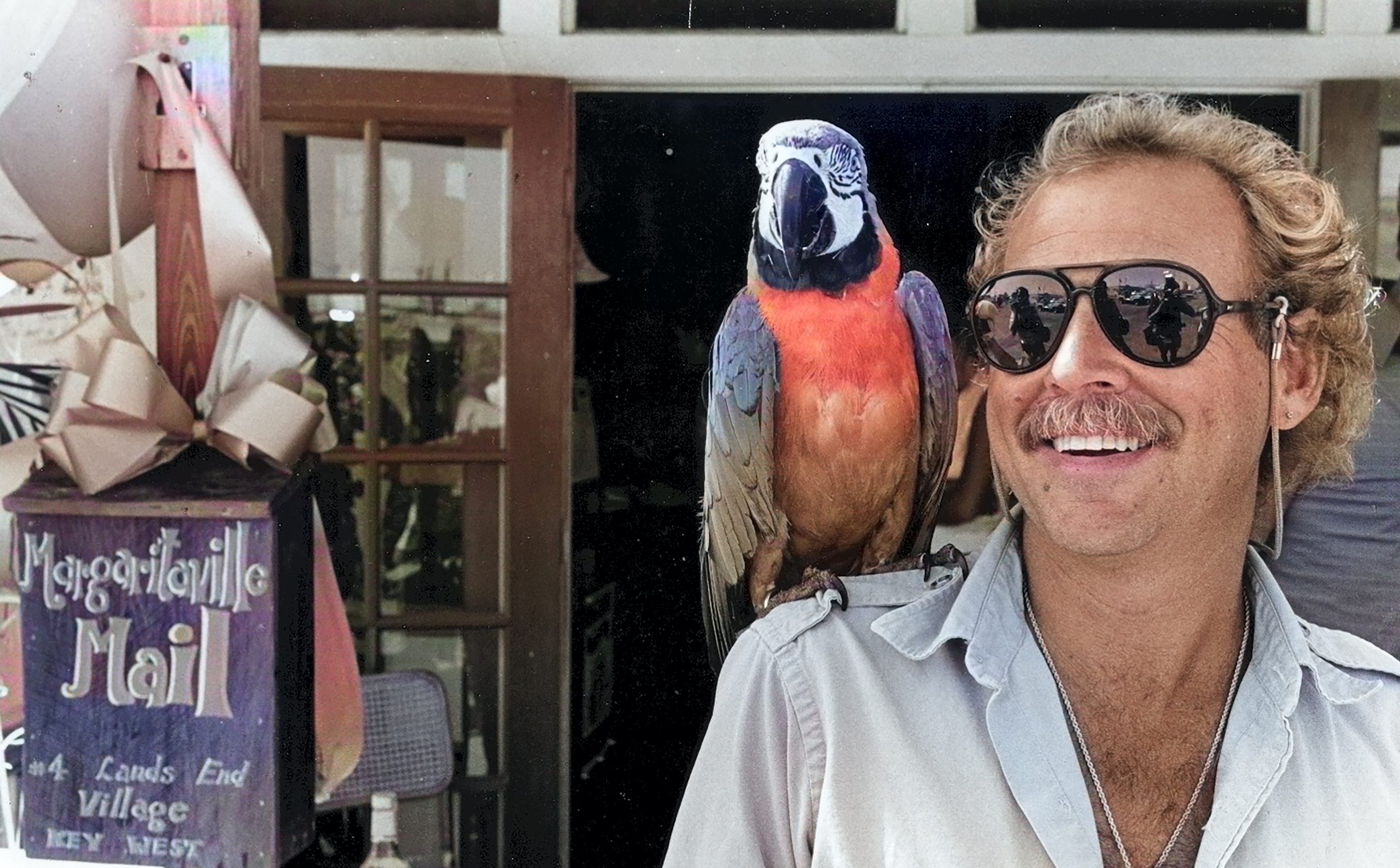

The King of Somewhere Hot
Where Does Key West Go After Jimmy?
“I’ve traveled all around the world
And there are places that still stand out to me
But nowhere else can quite compare
To my island in the sea”
(Hot Water, 1988)
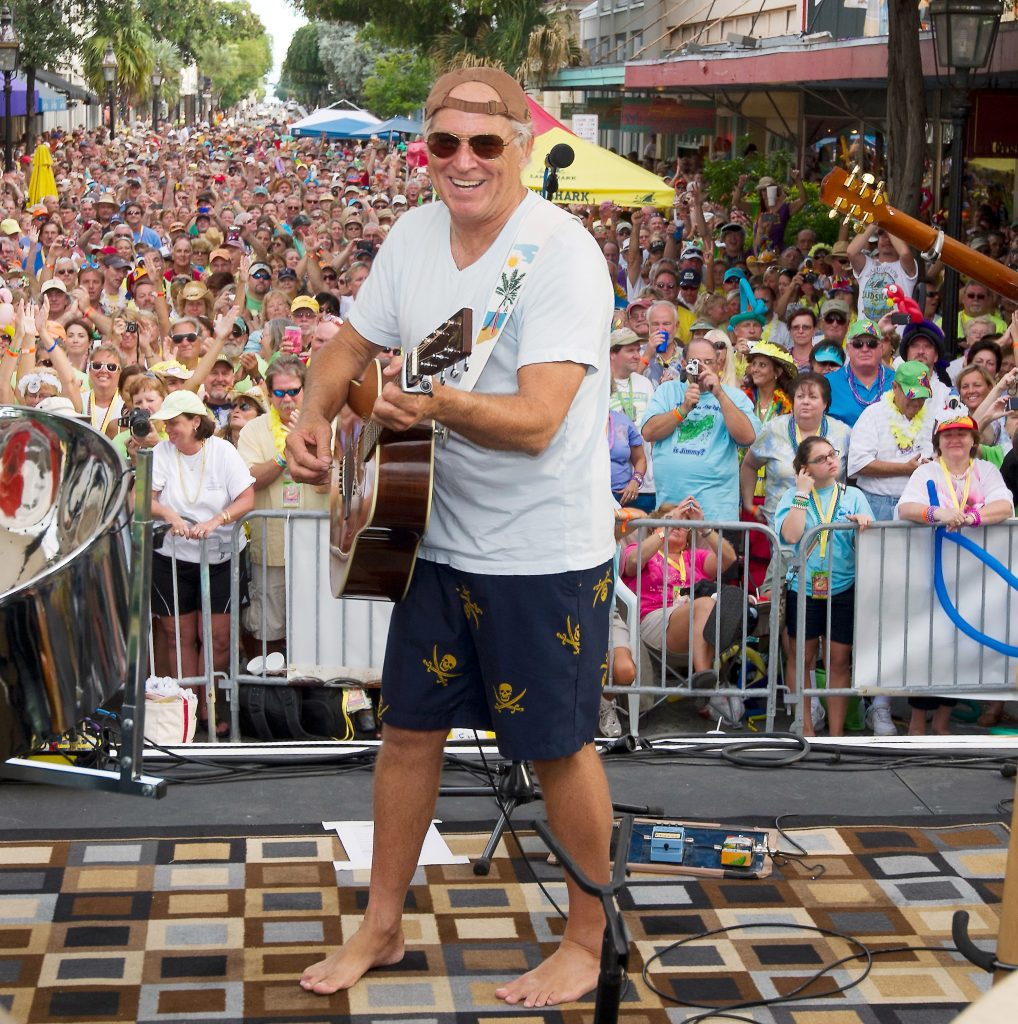
In March of 1983, Jimmy Buffett took a seat in the guest’s chair on the David Letterman Show where the host posed a question in the form of a statement: “So, you lived in Key West for a while.” “Yeah,” Buffett replied matter-of-factly, “about seven years.” When Jimmy bubbled-up to the Pleiades in September of 2023 at the age of 76, that sliver of time in the Southernmost City accounted for less than ten percent of his lifespan, yet Buffett and Key West became synonymous—interchangeable nouns embodying laidback adjectives: tropical, barefoot, joyful.
Buffett’s math, self-reported as it was, raised a very direct question: how did such a brief period in time come to define both his talent, and the town? When he crossed Cow Key Channel Bridge in November of 1971—a passenger in Jerry Jeff Walker’s 1947 Packard—the island was hardly a model of tourism. Key West Bight, as glossy and glamorous as it is today, was a sometimes-dangerous, rough-around-the-edges working waterfront dotted by industrial-sized oil tanks and drunken shrimpers (see “Woman Going Crazy on Caroline Street”). Closure of the Navy base would soon ravage the local economy, where it was said you could fire a cannon down Duval Street and not hit a soul.
Perhaps it was the setting sun off Mallory Square that affected a gravitational pull on creative types like Buffett, a cadre of which discovered in Key West a place they could draw inspiration from an abundant array of characters who made their way to the end of the world. Later, Buffett recalled his original Key West through the words of National Lampoon editor P.J. O’Rourke, who likened it to shaking out an old dirty carpet where everything falls to the bottom. “Everyone from the east coast wound up at the end of the road in Key West at one time or another and it was an interesting place to be.”
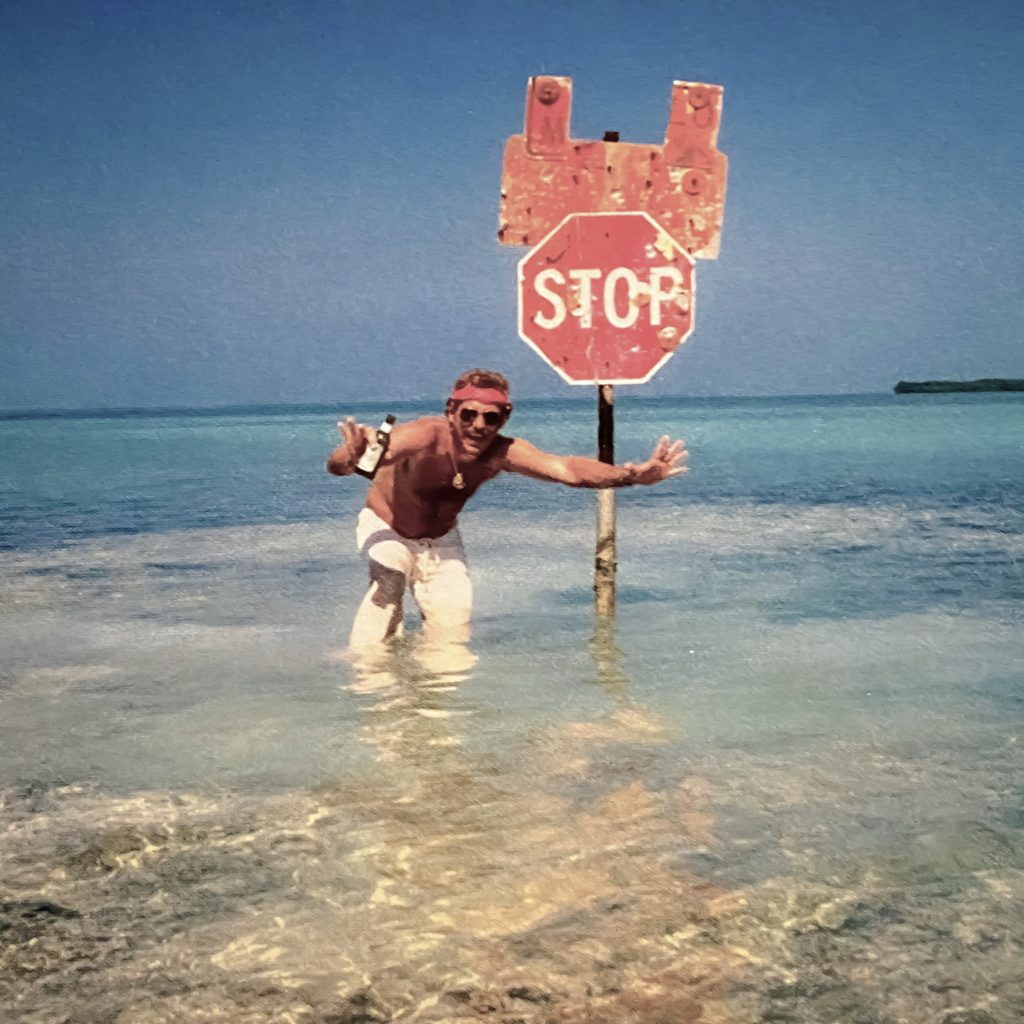
In 1976, the City of Key West used bicentennial funds to renovate Duval Street, installing red brick planters and faux gas lanterns, signaling the pivot to a tourism-based economy. Then, phenomenally, Key West’s star began to rise in proportion to Buffett’s, even though the singer’s mailing address bounced around from Aspen to St. Barts to Palm Beach and Long Island. Years later, during a visit to Key West, Buffett was walking Duval Street when a man in a booth tried to sell him a timeshare.
But it wasn’t until the songwriter had to sue a Mexican restaurant chain to reclaim use of the word “Margaritaville” (not to mention the woman in Hawaii who copyrighted “Cheeseburger in Paradise” for her hamburger joint) that he became highly focused on his personal business opportunities. T-shirt sales evolved into blenders and booze, restaurants and bars, and then vacation resorts, casinos, cruise ships and retirement communities, until the whole enchilada was a billion-dollar enterprise. Not bad for a guy who wrote a song called “I Will Sing for Gumbo.”
“Margaritaville is a synonym for paradise and casual fun,” Margaritaville CEO John Cohlan told travel industry news site Skift, “and the brand generates an emotion that makes you feel good.”
Buffett’s seven years in Key West produced—for all intents and purposes—all eight of the Big 8 tunes that were non-negotiables on his concert setlists: “Come Monday,” “Why Don’t We Get Drunk,” “A Pirate Looks at Forty,” “Margaritaville,” “Changes in Latitudes,” “Volcano,” “Cheeseburger in Paradise,” and “Fins,” which underscores the immeasurable influence of time and place. In absentia, he and his songwriting partners would continue peppering his lyrics with Key West references like “I Heard I was in Town,” and “Blue Heaven Rendezvous.” During a 2015 seminar at the American Library in Paris he confessed “I may leave physically, but I would never leave [Key West] spiritually or mentally.”
A while back, someone wrote on a Florida Keys social media page seeking advice for their first trip to the island chain. They were particularly interested in visiting Kokomo, which, disappointingly for them, is nothing but the fictional title of a Beach Boys song. There are few fictional places in Buffett tunes, and the authenticity of his lyrics is what rings true for listeners. For this quality we can thank his mother, Peets, who nurtured young Jimmy’s appreciation for the printed word through great Southern literature, and paternal grandfather James Delaney Buffett, the sailing ship captain, who returned from voyages with tall tales from the sea that inspired Jimmy’s yearning for travel.
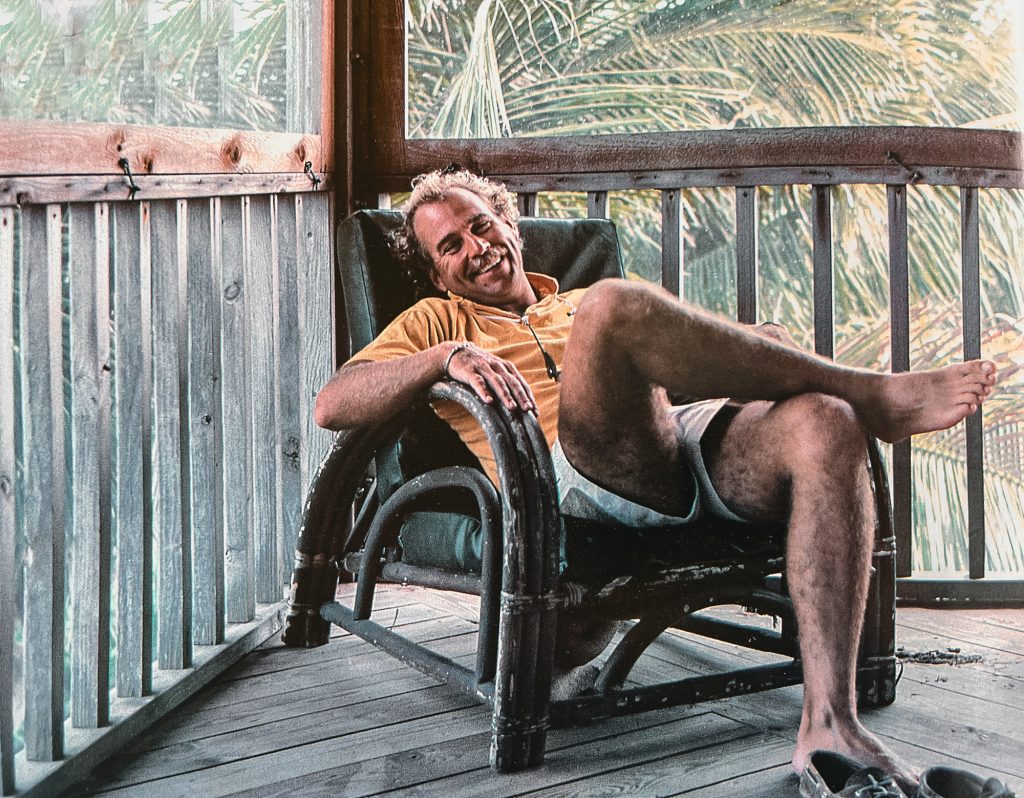
With his first advance from a record label in 1973, Buffett famously purchased a sailboat. Impulsive in the eyes of his accountant, for Buffett it was an investment acquisition, a place to call home as a hedge against the unforgiving music business. He had already experienced failure, retreating to Key West from a doomed marriage in a recording town that never could figure out where he fit in musically. If Nashville had been making movies in 1970, Buffett couldn’t have played dead in a cowboy film.
But on that sailboat, James William Buffett could launch his dreams. Onboard provisions included journals in which his travels would be recorded in longhand, notesthat would later become autobiographical lyrics. Even the process turned up in song: “I’ve got to head this boat south pretty soon, my new album’s old and I’m fresh out of tunes. But I know that I’ll get them, I know that they’ll come, from the people and places and Callwood’s rum.”
“He’s the closest thing we have to a Mark Twain in this time.”
-Zac Brown
In this way, Buffett was like his literary hero, Mark Twain, who wrote often about his travels around the world, including an 1867 journey which featured a stop at Key West, where the author observed a hardscrabble island void of soil for planting and a dearth of employment opportunities, save for the “whiskey mills” that plied soldiers stationed at the fort. Perhaps not much has changed in Key West, after all. But what will be Jimmy Buffett’s continuing legacy? And what will become of his mythical muse, the island city of Key West?
Jimmy endlessly promoted his tropical troubadour lifestyle, and developed his dream into a global brand. One of the greatest gifts an artist can leave is the capacity for his work to live on in his absence; and to that point, Jimmy Buffett is–not was. His timeless magic remains accessible to each of us, whenever and wherever needed. We have the songs, and an island, to prove it, and Jimmy left directions on the way out, “Keep the party going.”
Scott Atwell is a native Conch and the author of “Buffett Backstories: Fifty Years/Fifty Songs,” available on Amazon and at the OKW Galleria on Simonton Street.
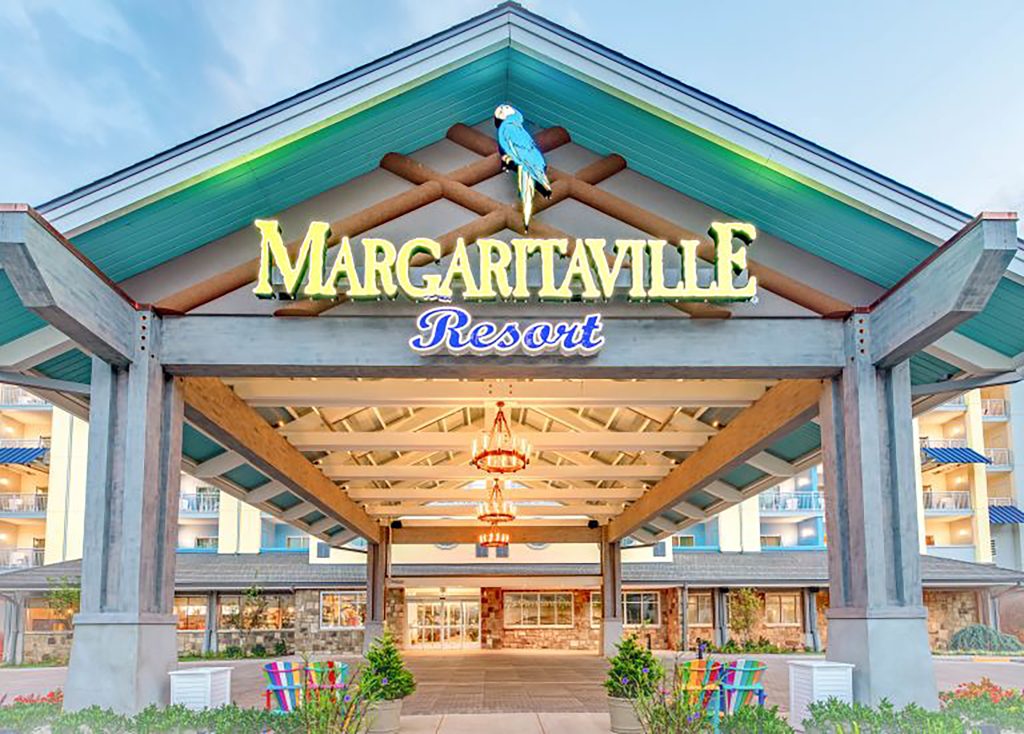
- The King of Somewhere Hot - August 26, 2024



 Cuzzy’s On First
Cuzzy’s On First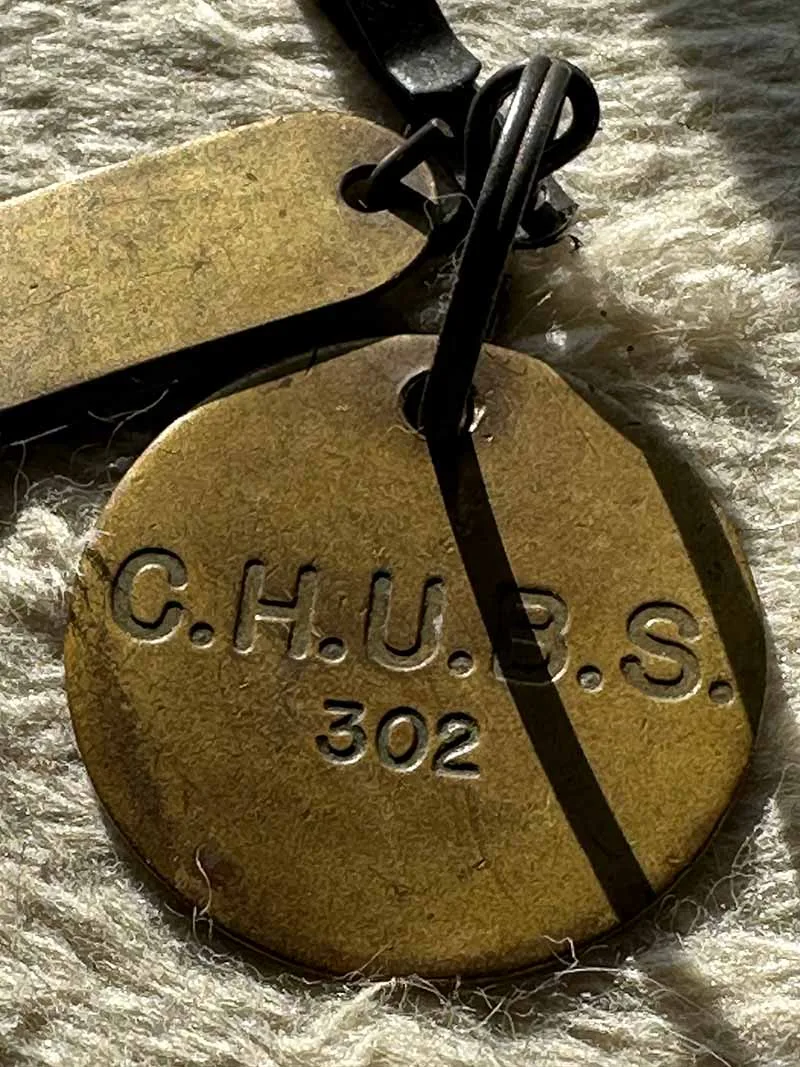 C.H.U.B.S.
C.H.U.B.S.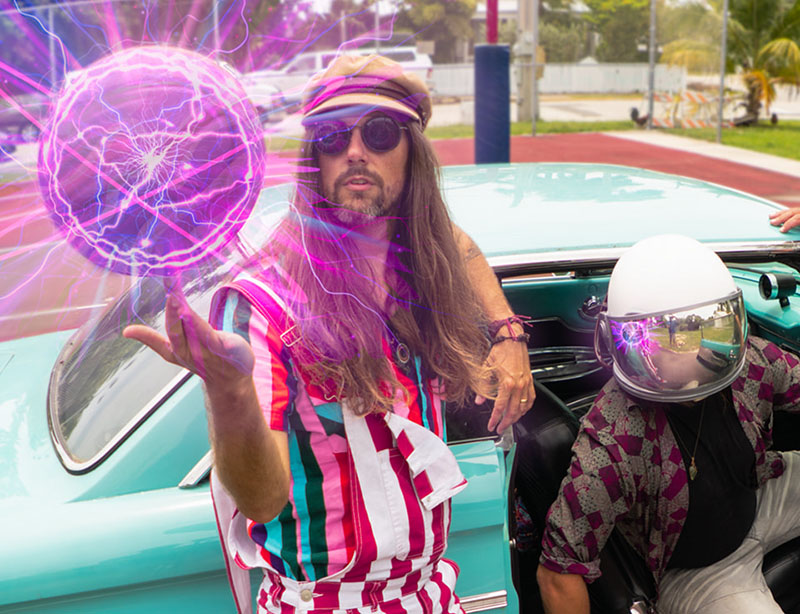 Conch Town Records
Conch Town Records Tall Ships And Their Masters
Tall Ships And Their Masters